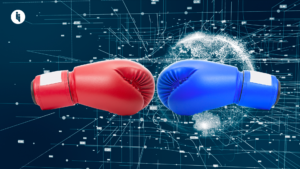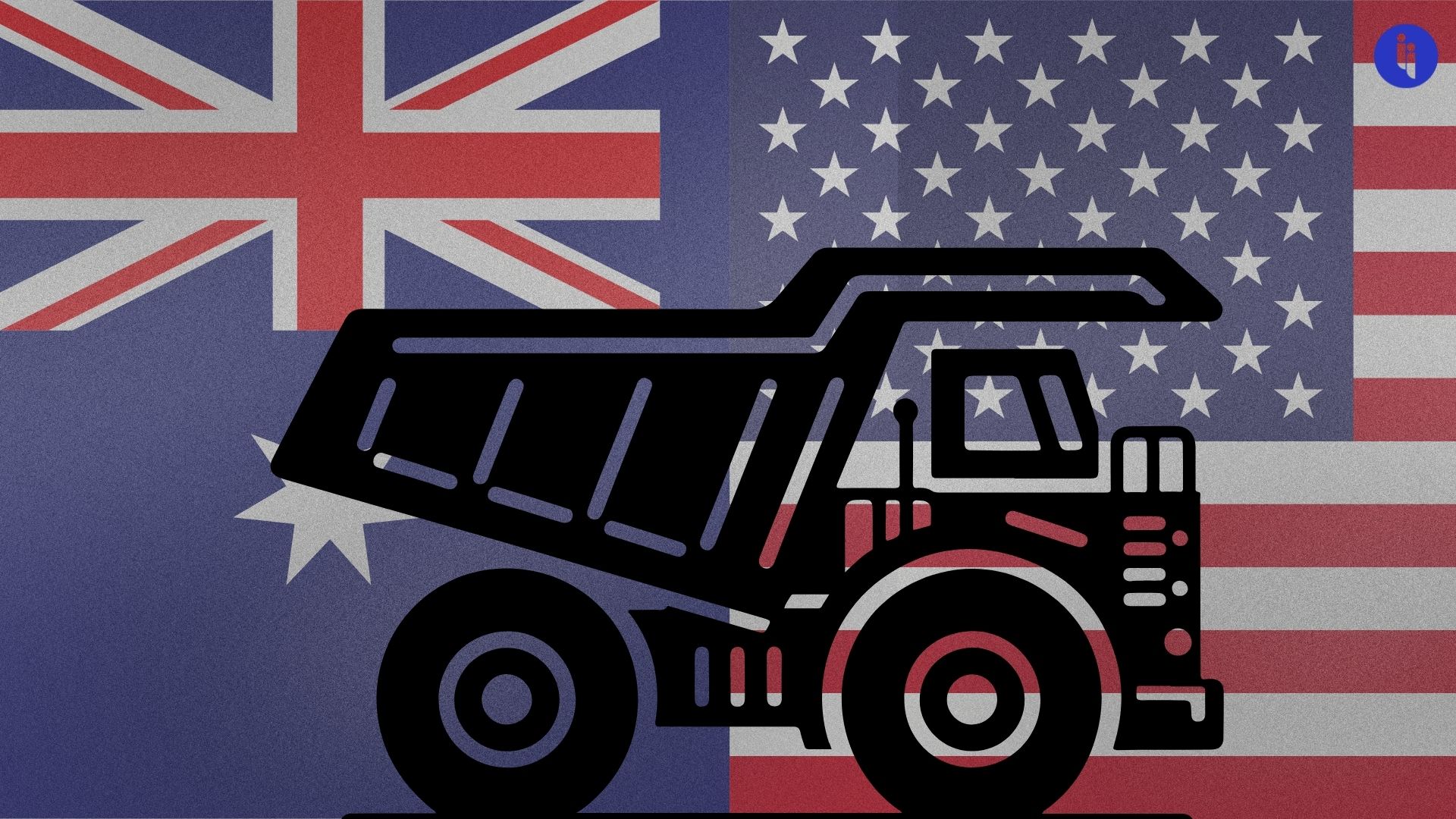Australia’s Anthony Albanese doesn’t have too much in common with Donald Trump: a social housing upbringing vs a billionaire; decades in politics versus a recent outsider; and a centre-left leader versus more of a MAGA populist.
But ‘Albo’ (his nickname) and Trump just seemed to hit it off in DC, so here are their top four quotes you should know, and why:
- “This is an $8.5B pipeline that we have ready to go” — Albanese
It’s a big deal, with the two allies jointly pledging to prioritise ~100 critical mineral and rare earth projects via a cool $1B each in the first six months alone. Why?
Stay on top of your world from inside your inbox.
Subscribe for free today and receive way much more insights.
Trusted by 145,000+ subscribers
No spam. No noise. Unsubscribe any time.
China still controls most of the world’s supply for several inputs across tech, renewables, defence, and beyond. We’re even talking virtually 100% of the world’s refining capacity for some elements, whether terbium (heat-resistant alloys) or tungsten (missile bits).
And Xi Jinping has already flexed that control, imposing export rules on 18 elements this year alone in response to Trump’s tariffs. It’s basically a reminder he has veto power over entire Western supply chains for jets, radars, drones, and beyond. So play nice or else.
That’s where the Aussies come in: they’re not just sitting on the world’s fourth-largest rare earth reserves, but also expertise around refining, which China has spent decades perfecting (it’s a costly, multi-step, ultra-precise process requiring advanced metallurgical skills).
So this deal with Australia means Trump might enter his possible APEC meeting with Xi later this month a little less rattled by Xi’s rare earth stranglehold, even if it’ll take years and billions to actually break. Speaking of which…
- “The Participants will work… within a pricing framework including price floors”
This line, buried deep in the above new US-Australia framework, reveals one key way the allies plan to break China’s bottleneck: price floors.
China dominates this sector because the West gave up decades ago: nobody could match China on price, so investors tapped out. That price advantage is the result of:
- Yes, legit strengths optimised over decades, but also…
- Government help (subsidies) and indifference (lax environment rules), as well as…
- Predatory pricing and dumping (China once crashed prices 80% to tank a US mine).
So by promising a minimum purchase price, the US and Australia (plus unspecified “international partners”) want to de-risk this sector for investors to help ramp-up supply.
- “Full steam ahead” – Trump
That’s how Trump referred to AUKUS, the Australia-UK-US pact to help Australia get nuclear-propelled subs with unparalleled range and stealth, meaning rivals never really know where they are.
The theory is it might help further nudge China — in the midst of a historic military build-up — to think twice before any big moves.
Of course, there were always some big AUKUS questions, which got even bigger under Trump 2.0 — Canberra became worried its ally might re-neg. But to the contrary, Trump just told Albanese, “It was going too slowly. Now we’re starting, we have it all set.”
- “I don’t like you, and I probably never will” — Trump
That’s right… the US president directed those spicy words at Australia’s ambassador to the United States and former prime minister, Kevin Rudd!
Sure, Trump was responding to an Australian journalist who highlighted Rudd’s anti-Trump comments from years ago. And it was mercilessly brief, delivered with a grin, then drowned out by laughter.
But we’d say even the blanket coverage Down Under of Rudd’s quiet humiliation can’t dull the shine on what was otherwise a pretty successful visit for the Aussies.
Intrigue’s Take
One of the reasons we left the foreign service and founded Intrigue was we feared our world’s attention was increasingly absorbed by (say) the leader of the free world dunking on an ambassador, rather than (say) two allies inking a historic minerals deal.
But this Trump-Rudd moment does highlight a couple of things worth tackling briefly.
First, it’s an example of how sometimes our legacy media friends can create the news (drawing Trump’s attention to Rudd’s comments) in hopes of firing up the rage cycle for another few clicks. It’s short-term profitable, but arguably long-term corrosive, not only to a legacy media already struggling with declining trust, but also a broader free world still struggling to meaningfully debate its own existential challenges.
Second, this whole visit was also an example of how sometimes partisan politics can complicate good policy. The opposition in Australia has long dunked on Albanese’s seeming inability to land a meeting with Trump until now, but the timing (intentional or not) struck us as kinda shrewd: rather than go early but empty and risk another Oval Office ambush, the two sides spent months hammering out several deals, with the result that everyone (except maybe a certain ambassador) just walked away happy.
Sound even smarter:
- The main omission was any US tariff relief for Australia, though Australia is already sitting on the 10% baseline. The Australians will also be relieved Trump didn’t target their government pharmaceutical scheme, which irks US big pharma.
- Headlines have also highlighted an Australian pledge to boost their US investments to $1.4T by 2035, though it’s really just an aspiration or forecast from Australia’s $2.6T pension funds (which are mostly privately-managed).





